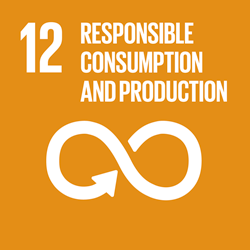Technological watch
Effects of brown seaweed extract, silicon, and selenium on fruit quality and yield of tomato under different substrates
AbstractTomatoes (Lycopersicun esculentum L.) are an important group of vegetable crops that have high economical and nutritional value. The use of fertilizers and appropriate substrates is one of the important strategies that can assist in increasing the yield and quality of fruits. The present study aimed to investigate the effects of exogenous seaweed extract (Nizamuddinia zanardinii), silicon (Na2SiO3), and selenium (Na2SeO3) on quality attributes and fruit yield (FY) of tomato under palm peat + perlite and coco peat + perlite substrates. Seaweed extract significantly improved several of the fruit quality attributes such as total carbohydrate content, total soluble solids (TSS), and pH as well as the FY. The results showed that silicon (Si) (75 mg) was the best foliar spray treatment to enhance the fruit firmness (30.46 N), fruit volume (196.8 cm3), and FY (3320.5 g). The highest amount of plant yield (3429.33 g) was obtained by the interaction effects of silicon (75 mg L-1) under the effect of palm peat. The use of selenium (Se) led to improvements in flavor index (TSS/TA). Also, the application of palm peat + perlite substrate caused an increase in vitamin C (16.62 mg/100g FW), compared to other substrates (14.27 mg/100g FW). The present study suggested that foliar spray with seaweed extract and Si had beneficial effects on the quality and FY of tomatoes. Also, the palm peat substrate can be used as a good alternative to the coco peat substrate in the hydroponic system.






